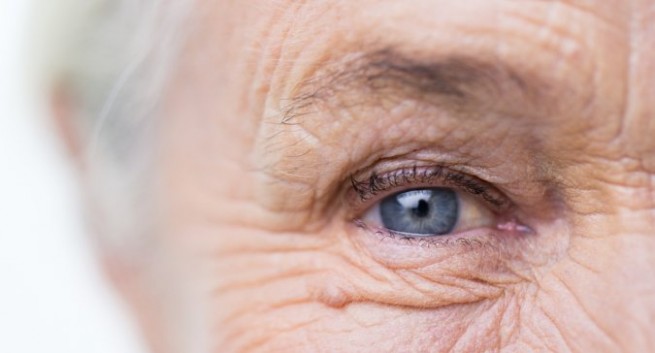While we know that age is a primary factor in the development of cataracts among older adults, an interesting body of research conducted by Dr. Martin Mainster and Dr. Patricia Turner at the University of Kansas School of Medicine supports a theory that the aging of the eye could explain why certain conditions happen with age, such as memory loss, slower reaction time, insomnia and depression.
Light Is Vital In Regulating Your Body’s Clock
Here’s the theory: The gradual yellowing of the lens and the narrowing of the pupil that occur with age disrupt the body’s circadian rhythm. Circadian rhythm is the cyclical hormonal and physiological processes that motivate the body in the morning to handle the day’s demands and relax it at night in order for the body to rest and repair. Light is key in regulating circadian rhythm.
Photoreceptive cells in the retina absorb sunlight and transmit messages to a part of the brain called the suprachiasmatic nucleus (S.C.N.), which governs the internal clock. The S.C.N. adjusts the body to the environment by triggering the release of melatonin in the evening and cortisol in the morning.
Studies have proven that people with low melatonin secretion have a higher incidence of many illnesses, including cancer, diabetes and heart disease, because low melatonin is a marker for a dysfunctional S.C.N.
Researchers in Sweden studied patients who had cataract surgery to remove their clouded lenses and implant clear intraocular lenses. They found that the incidence of insomnia and daytime sleepiness was significantly reduced. Another study found improved reaction time after cataract surgery.
While this body of research gives much insight, researches are still working to further prove this theory and learn more about the connection between aging and light reception’s impact on the body.

